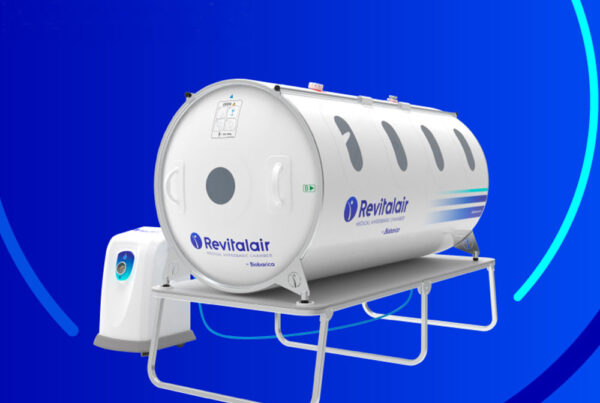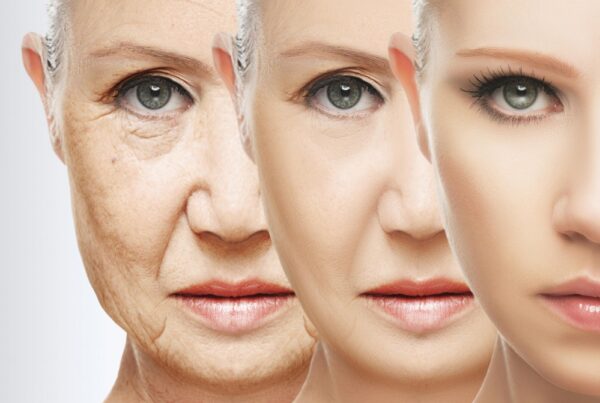Tumour cells have long been recognized as a relative contraindication to hyperbaric oxygen treatment (HBOT). At first, clinicians didn’t consider (HBOT) oxygen treatment for cancer. After all, most of the body’s cells require oxygen to grow and form. This suggests that HBOT could increase cancer growth. But studies have shown that HBOT doesn’t have a significant metastatic correlation. That is, it doesn’t seem to help cancer grow.
Cancer cells also thrive in a low oxygen environment. This poses the question: wouldn’t adding an oxygen-rich environment around tissues help reduce cancer cells? The answer is no.
Researchers at the Johns Hopkins Kimmel Cancer Center say they have significant new evidence that tumour cells exposed to low-oxygen conditions have an advantage when it comes to invading and surviving in the bloodstream.
The experiments mapping the “fate” of the cells in two- and three-dimensional lab-created tissue systems and in live animals specifically showed that cells from a primary cancer exposed to low oxygen levels, or hypoxia, have a four times greater probability of becoming viable circulating tumour cells—and likely spreading to distant tissues—than those under normal oxygen conditions.
(The results were described Oct 24 in Nature Communications)
But… Can HBOT treat cancer?
In general, the research does not support it and it is not a cure for cancer.
However, it can help serious problems that come from cancer treatment.
When receiving treatment for cancer, HBOT can work in synergy with chemotherapy, radiation, and the ketogenic diet. It may also mitigate side effects of chemotherapy (such as “chemo brain” and fatigue), radiation, and decrease the recovery time after surgical procedures.
The use of Hyperbaric Oxygen Therapy to treat cancer side effects aims to reduce the damage to healthy tissue and blood vessels caused by radiation exposure, helping the body become stronger and fight off the disease.
Hyperbaric Oxygen Therapy (HBOT) can potentially help to:-
• alleviate some of the symptoms of cancer
• help with some of the side effects of chemotherapy
• help with the complications of radiation therapy
• heal wounds
• speed recovery after surgery, injury and tissue damage
• boost the immune system
• prevent & fight infections
• inhibit and reduce tumour growth
• make some tumours more sensitive to chemotherapy and radiotherapy treatments
• assist in photodynamic and targeted therapies where oxygen is required in the treatment process
• increase the body’s stem cells and assist in stem cell transplantation
When it comes to cancer care, HBOT can help in a variety of different ways. It is however not intended to replace chemotherapy, radiotherapy or any other cancer treatments. There are some situations when HBOT may not be advisable for you and your particular condition. It is important that you always seek and follow the advice of your Oncologist or Cancer Specialist before engaging in HBOT or any other therapies and that you continue to follow the treatment programme they have recommended best for your recovery.
NOTE: Certain cancer medication i.e. doxorubicin, bleomycin and cispatinum is contraindicated for Medium Hyperbaric Oxygen Therapy. This article is not meant to be a replacement for medical advice, assessment, and diagnosis.
Podcast:
References:
https://www.hyperbaricmedicalsolutions.com/conditions/non-covered/cancer-treatment-synergy
https://www.ncbi.nlm.nih.gov/pmc/articles/PMC4971045/pdf/12032_2016_Article_814.pdf
https://www.nature.com/articles/s41598-021-91454-2
https://www.ramsni.com/information_links/Cancer%20Info/Cancer%20info.html





